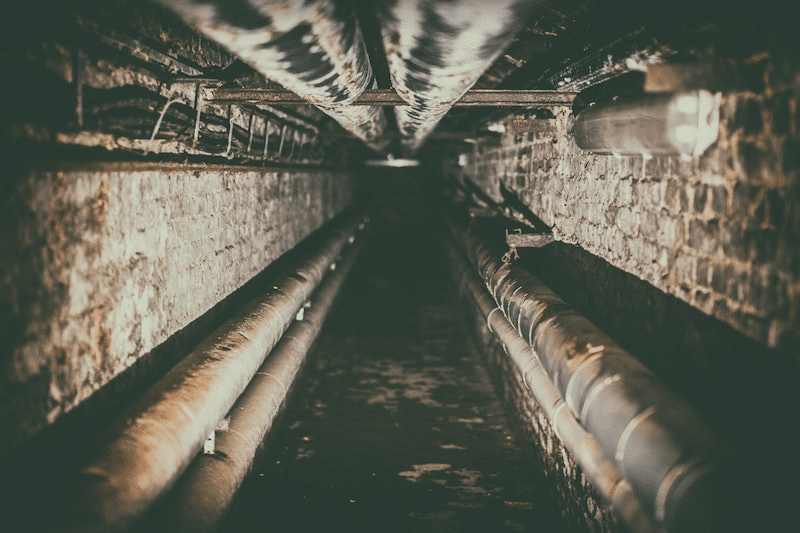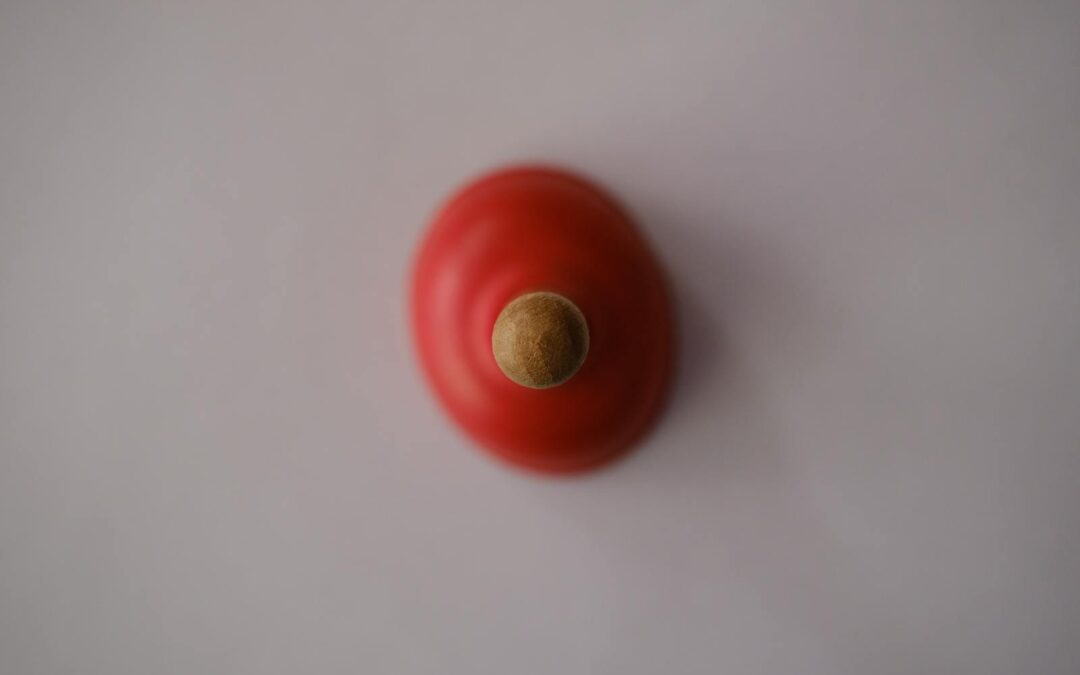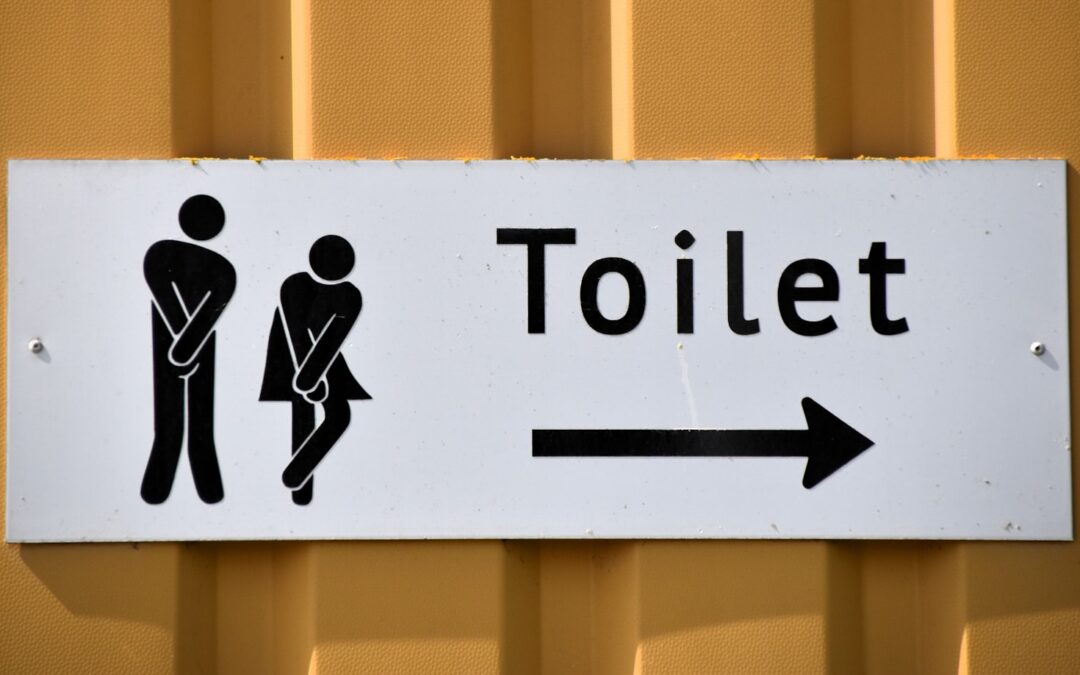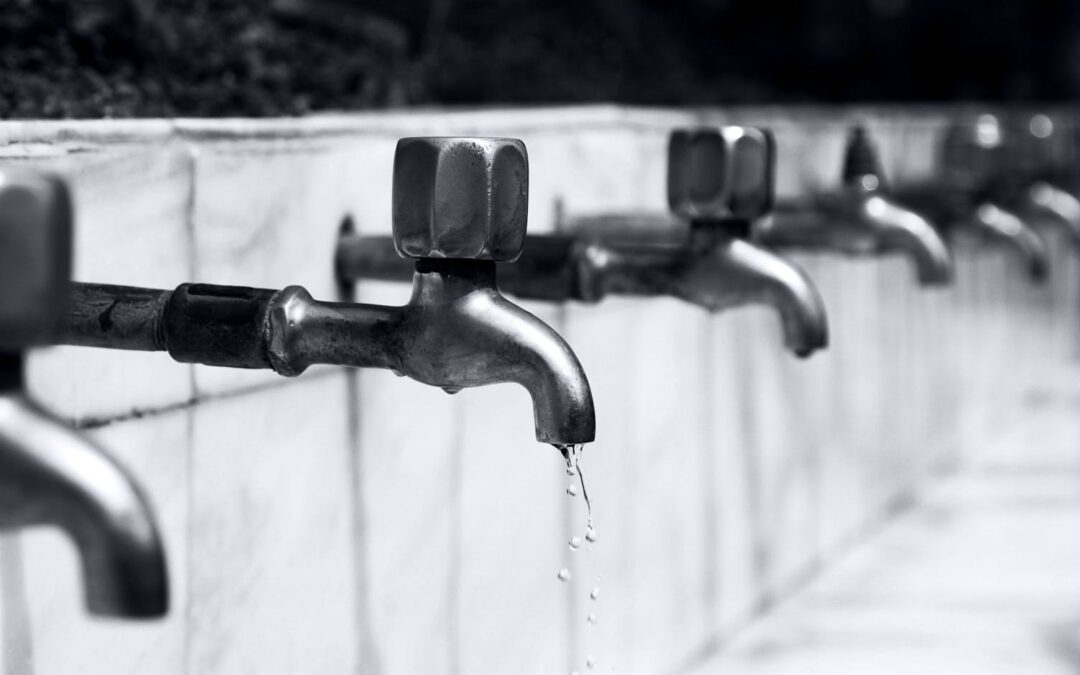Does your bathroom smell like a sewer? If so, you’re not alone. Many homeowners experience this issue at some point. In this blog post, we’ll discuss the possible causes of sewer smell in bathroom drains, sinks, and showers. We’ll also provide some tips for preventing the smell from occurring in the first place.
Common Causes Of Sewer Smell In Bathroom Drains, Sinks, And Showers
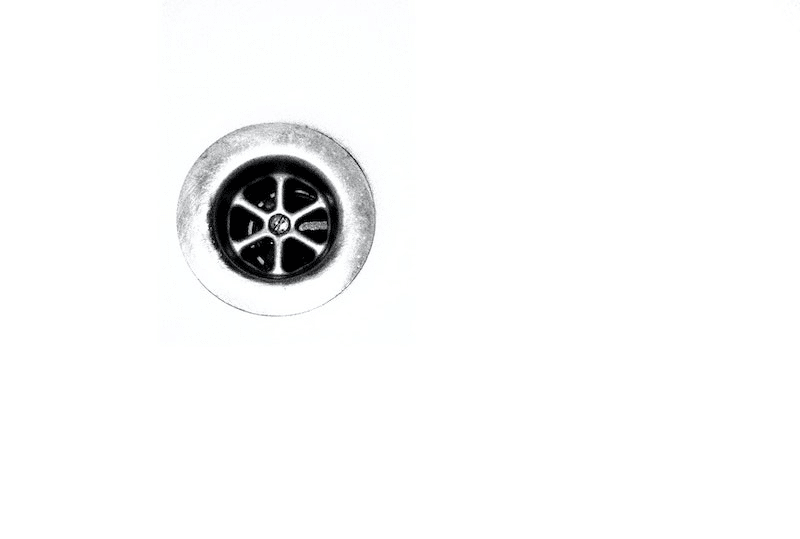
Below are some common causes of sewage smell in the bathroom:
Schedule Service Online
Get a free estimate so you know what you're signing up for
"*" indicates required fields
For Emergency Services Call: 410-255-9300
1. Dry P-trap
A dry P-trap is one of the most common causes of sewer smell in your bathroom. The P-trap is a U-shaped pipe located under the sink or drains. It is used to trap water beneath the drain, preventing sewer smells from reaching the bathroom.
If you do not use your bathroom sinks regularly, there is a possibility that the water in the P-trap will dry out, allowing sewer gases to flow freely into your bathroom. Fixing this problem is simple. Just run some water into the bathroom sink for a minute or so, and the problem is fixed.
2. Vent Stack / Vent Pipe
The vent stack is a pipe that goes through your roof and allows air to enter the sewer system. This pipe also prevents sewer gases from entering your bathroom. If the vent stack becomes blocked, it can cause sewer smells to waft into your home.
There are a few ways you can clear a blocked vent stack. You can use a garden hose to flush out any debris that may be blocking the pipe. You can also use a plumber’s snake to remove any blockages.
3. Leaky Gaskets Or Fitting
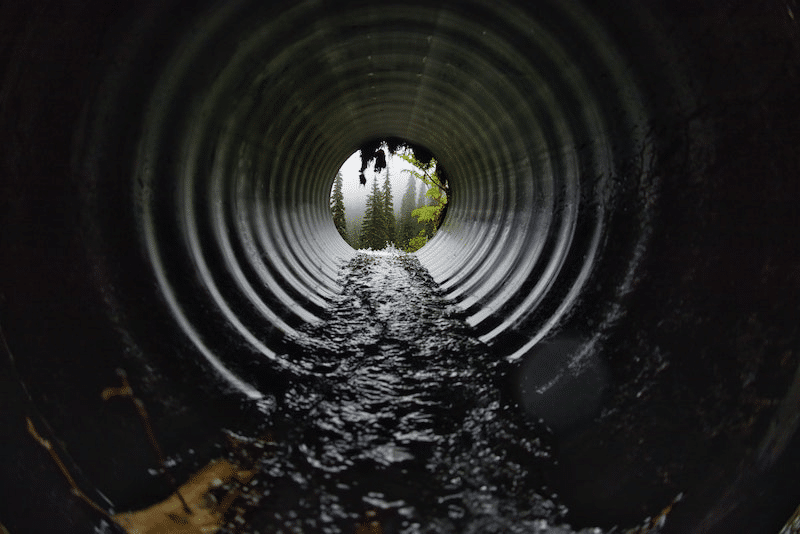
If you have leaky gaskets or fittings in your bathroom, it could be allowing sewer gases to escape into the room. Over time, these gaskets and fittings can become loose, allowing sewage to seep through. If you suspect this is the case, it’s best to call a plumber to take a look. They will be able to tighten or replace any faulty gaskets or fittings properly.
4. Sewer Line Break
If there is a break in your sewer line, it could be causing sewer odors to enter your bathroom. This is often caused by tree roots growing into the pipe and breaking it. If you think this may be the case, you’ll need to call a professional plumber to come and take a look.
5. Shower Drain Clogs
Clogged drains are another common cause of sewer smell in the bathroom. If your shower drain is clogged, it can cause water to back up and eventually lead to sewer smells. To unclog a shower drain, you can use a plumber’s snake. If you have a lot of hair in your drain, you may need to remove it with a pair of pliers.
Preventing Sewer Smell In The Bathroom
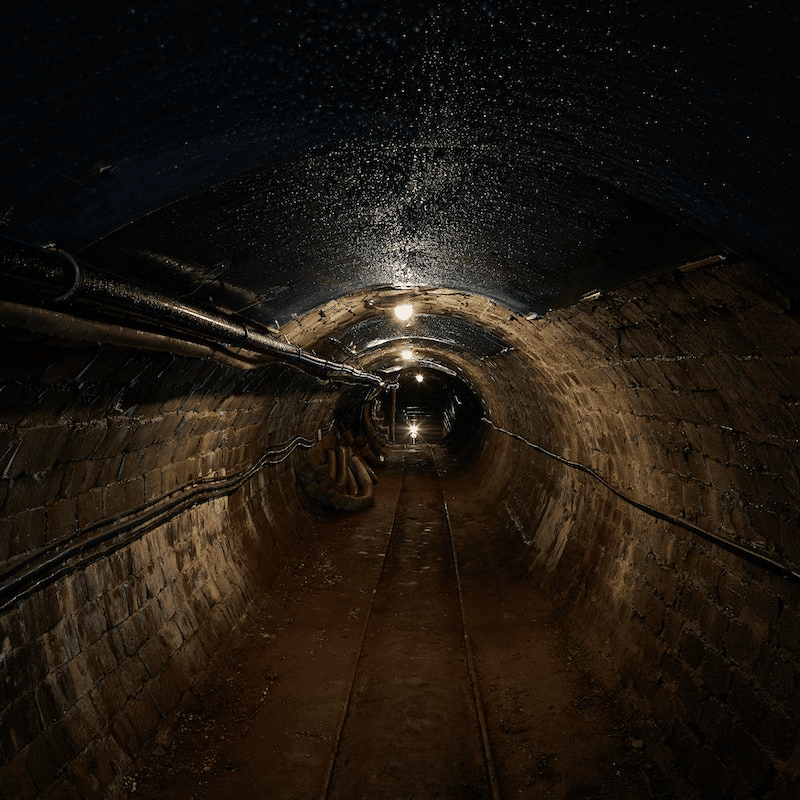
There are a few things you can do to prevent sewer smell from occurring in your bathroom:
1. Use Your Bathroom Regularly
If you don’t use your bathroom often, the water in the P-trap can dry out, leading to sewer smells. To prevent this, make a point to use your bathroom regularly, even if it’s just for a quick wash.
2. Don’t Pour Fats Or Oils Down The Drain
Fats and oils can solidify in your drains and eventually lead to clogs. This can cause water to back up and lead to sewer smells. As a preventative measure, don’t pour fats or oils down your bathroom drains.
3. Clean Your Drains Regularly
Clogged drains are one of the most common causes of sewer smell. To prevent this, clean your drains regularly with a plunger or a drain snake. You can also use a mixture of baking soda and vinegar to clean your drains and freshen them up.
4. Let Some Fresh Air In
Sewer gases can build up in your bathroom if it’s not well ventilated. We recommend making sure to open a window or turn on the exhaust fan when you’re using the bathroom. This will help to circulate fresh air and reduce the chances of sewer smells.
5. Call A Professional If You Have Any Concerns
If you smell sewage in your bathroom, it’s best to call a professional. They will be able to inspect your bathroom and identify any potential problems properly.
Frequently Asked Questions
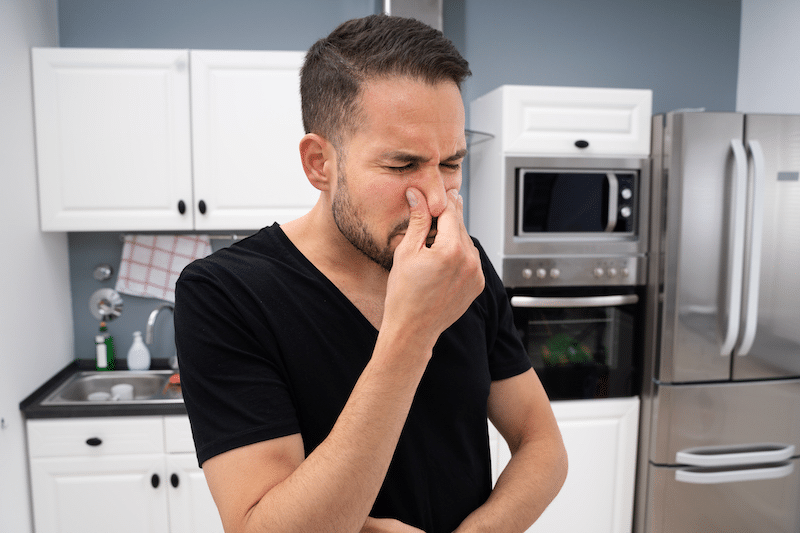
1. Can Sewer Gas Make You Sick?
Sewer gas can make you sick if you’re exposed to it for a prolonged period. Symptoms of sewer gas exposure include headaches, nausea, and dizziness.
2. What Does Sewer Gas Smell Like?
Sewer gas smells like a combination of rotten eggs and sulfur. If you smell this coming from your bathroom, it’s best to call a professional to take a look.
3. Can Sewer Gas Explode?
Sewage gases can explode if concentrated in a small area and ignited. This is why it’s important to call a professional if you think you’re being exposed to sewer gas.
4. Why Does My House Smell Like Sewer When It Rains?
If your house smells like sewer when it rains, it’s likely because of blocked or broken drain pipes. When the rainwater fills up the pipe, it can cause sewer gas to escape into your home.
Conclusion
Sewer smell in the bathroom can be a nuisance, but it’s important to identify the cause of the problem. By taking some preventative measures and being proactive, you can keep your bathroom smelling fresh and clean.
Need A Plumber In Maryland?
If you suspect a sewer gas leak in your home, contact us today. We offer a wide range of plumbing services, including sewer smell removal, drain cleaning, and more. We’re always here to help, so don’t hesitate to give us a call. Thanks for reading!

